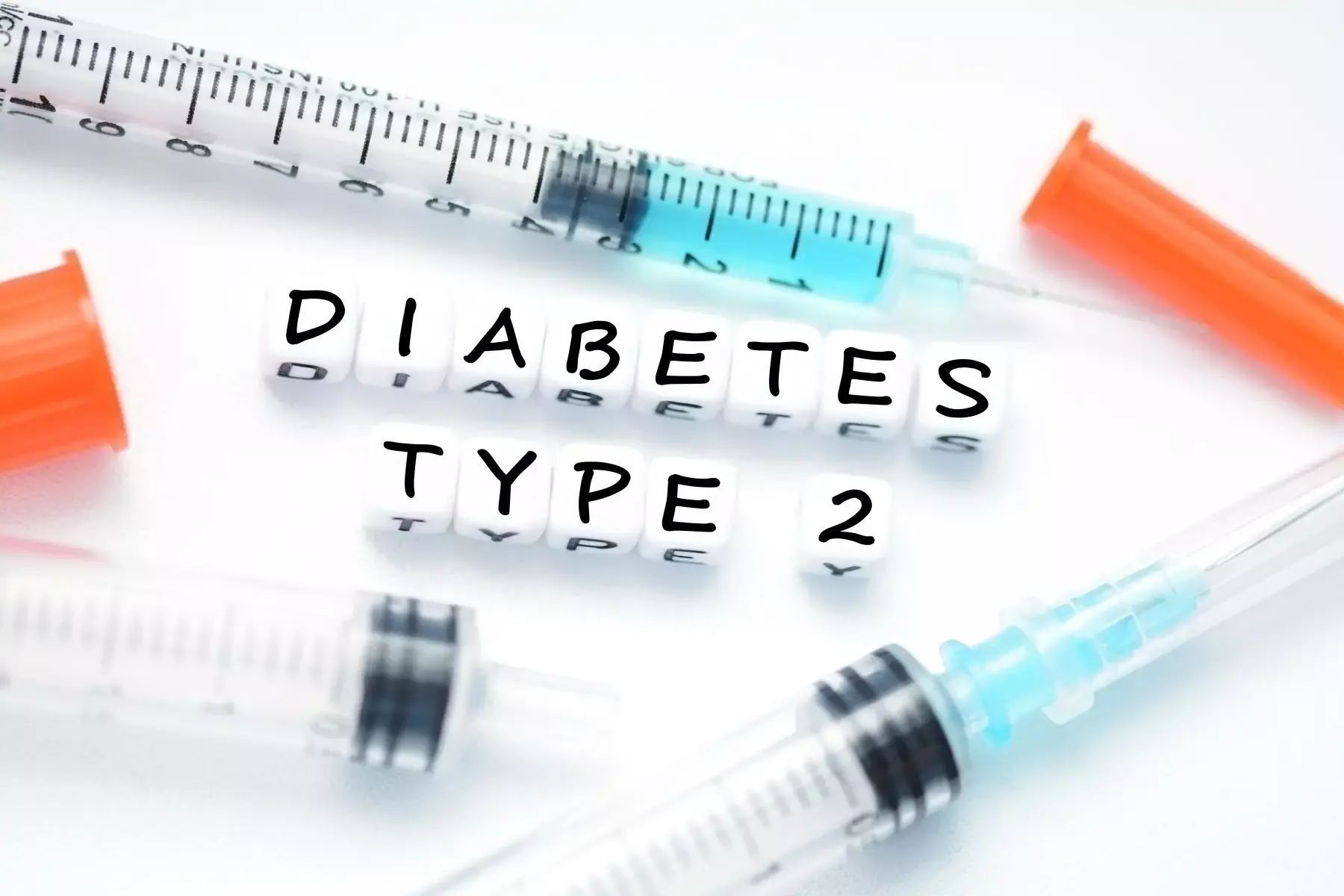- Home
- Medical news & Guidelines
- Anesthesiology
- Cardiology and CTVS
- Critical Care
- Dentistry
- Dermatology
- Diabetes and Endocrinology
- ENT
- Gastroenterology
- Medicine
- Nephrology
- Neurology
- Obstretics-Gynaecology
- Oncology
- Ophthalmology
- Orthopaedics
- Pediatrics-Neonatology
- Psychiatry
- Pulmonology
- Radiology
- Surgery
- Urology
- Laboratory Medicine
- Diet
- Nursing
- Paramedical
- Physiotherapy
- Health news
- Fact Check
- Bone Health Fact Check
- Brain Health Fact Check
- Cancer Related Fact Check
- Child Care Fact Check
- Dental and oral health fact check
- Diabetes and metabolic health fact check
- Diet and Nutrition Fact Check
- Eye and ENT Care Fact Check
- Fitness fact check
- Gut health fact check
- Heart health fact check
- Kidney health fact check
- Medical education fact check
- Men's health fact check
- Respiratory fact check
- Skin and hair care fact check
- Vaccine and Immunization fact check
- Women's health fact check
- AYUSH
- State News
- Andaman and Nicobar Islands
- Andhra Pradesh
- Arunachal Pradesh
- Assam
- Bihar
- Chandigarh
- Chattisgarh
- Dadra and Nagar Haveli
- Daman and Diu
- Delhi
- Goa
- Gujarat
- Haryana
- Himachal Pradesh
- Jammu & Kashmir
- Jharkhand
- Karnataka
- Kerala
- Ladakh
- Lakshadweep
- Madhya Pradesh
- Maharashtra
- Manipur
- Meghalaya
- Mizoram
- Nagaland
- Odisha
- Puducherry
- Punjab
- Rajasthan
- Sikkim
- Tamil Nadu
- Telangana
- Tripura
- Uttar Pradesh
- Uttrakhand
- West Bengal
- Medical Education
- Industry
Glucokinase activators effectively manage PP blood sugar in diabetes but with hypoglycemia risk: Study

China: A recent study in the journal Medicine has shown glucokinase activators (GKAs) to be more effective than placebo for postprandial blood sugar control in patients with type 2 diabetes mellitus (T2DM). However, the use of GKAs were associated with a comparatively higher risk of hypoglycemia.
Glucokinase activators are a novel family of glucose-lowering agents used for treating patients with type 2 diabetes. In these patients, GKAs has been shown to reduce blood sugar levels. Through a meta-analysis, Qian Gao, Affiliated Hospital of Shaoxing University of Edocrine and Metabolism Department, Zhejiang, China, and colleagues aimed to compare the efficacy/safety of GKAs in patients with T2DM.
The researchers searched the online databases for articles published before December 30, 2020. A total of 4 articles (5 studies) were included in the meta-analysis.
The study yielded the following findings:
- GKAs were associated with reductions in glycated hemoglobin levels from baseline (WMD, −0.3%).
- No significant difference between GKA and placebo treatment was observed in the results of fasting plasma glucose levels from baseline (WMD 0.013 mmol/L).
- A significantly higher change in 2-hour postprandial plasma glucose (2-h PPG) levels (WMD −2.434 mmol/L) was observed following GKA than placebo treatment.
- GKAs were associated with a higher prevalence of causing hypoglycemic events than placebo treatment (risk difference [RD], 0.06).
- GKAs had no association with the risk of developing adverse effects (RD, 0.038) and serious adverse events (RD, 0.01).
The researchers concluded by saying that in patients with T2DM, glucokinase activators (GKAs) were more effective than placebo treatment for postprandial blood glucose control. In addition, GKAs had a comparably high risk of causing hypoglycemia. However, this new class of hypoglycemic agents needs continued evaluation in RCTs to ascertain long-term efficacy and safety.
Reference:
Gao, Qian MM∗; Zhang, Wenjun MD; Li, Tingting MM; Yang, Guojun MM; Zhu, Wei MD; Chen, Naijun MD; Jin, Huawei MD The efficacy and safety of glucokinase activators for the treatment of type-2 diabetes mellitus, Medicine: October 08, 2021 - Volume 100 - Issue 40 - p e27476 doi: 10.1097/MD.0000000000027476
Dr Kamal Kant Kohli-MBBS, DTCD- a chest specialist with more than 30 years of practice and a flair for writing clinical articles, Dr Kamal Kant Kohli joined Medical Dialogues as a Chief Editor of Medical News. Besides writing articles, as an editor, he proofreads and verifies all the medical content published on Medical Dialogues including those coming from journals, studies,medical conferences,guidelines etc. Email: drkohli@medicaldialogues.in. Contact no. 011-43720751


